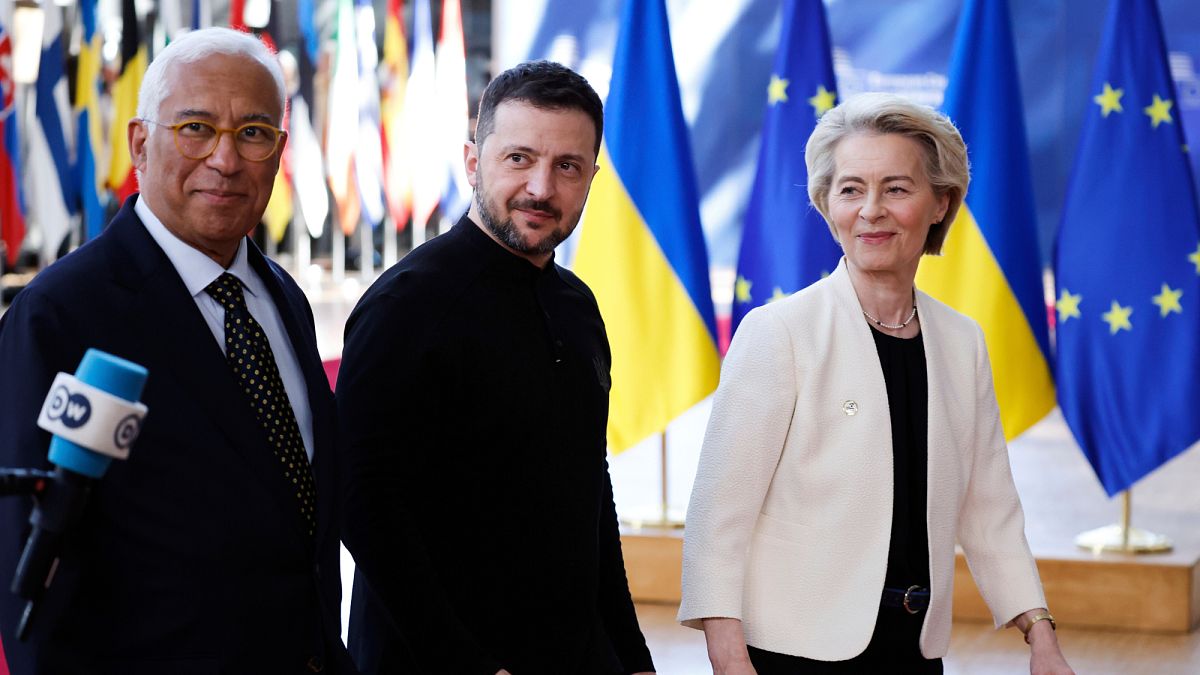Fears of Māori being left out of the future development of the internet were front and centre at the inaugural national Māori Internet hui, Kauwaka te Ipurangi.
The two-day event at Te Papa in Wellington, hosted by Te Komiti Whakauru Māori, a subcommittee of InternetNZ-Ipurangi Aotearoa, invited Māori to explore how the internet is managed, the policies and processes that shape its use, and to engage in its future.
Whitiaua Ropitini, principal advisor at InternetNZ, said the conference was an opportunity for Māori to see how it was imperative to be involved.
“Kei te whanake haere te ipurangi, kei te whanake haere ngā hangarau, ka mutu, kei te tikina mai ngā mātauranga taketake o te ao, kei te tāruaruatia i runga i te ipurangi, kei te whānakotia te mātauranga, nō reira ko te hua nui o roto i tēnei hui nui ko te whakakamakama i a tātou te Māori kia aro mai ki tēnei wahanga, he wahanga nui o roto i tēnei kaupapa o te ipurangi.”
(“The internet continues to develop and same goes with digital technology. Furthermore, indigenous knowledge is being copied online and stolen, so an important part of this conference is to urge Māori to be aware of the impact on the internet.”)
Discussions around digital sovereignty featured heavily on the programme and indigenous speakers from Hawai’i and Taiwan were invited to present.
Hermione McCullum, chief policy advisor for Tū Ātea, presented on Māori governance and what that looks like from both a Māori and digital perspective.
“I wanted people to dream about what it might look like if we governed ourselves in those realms – what can it look like so we can collectively decide our own decisions, our own destiny in a digital space instead of someone else’s space.”
The opportunities are endless, she said.
“I’m from a little valley in the King Country where there’s so much innovation in there. Our kids are so smart, our kaumātua are so wise, but we don’t get to hear those voices or see or learn from them.
Barriers to digital inclusion
A report by the Department of Internal Affairs in 2021 found that 1 in 5 New Zealanders face barriers to digital inclusion, and that the risk was larger for Māori. It said that unaffordable internet and device access was a barrier, and that strong leadership and power-sharing between the government and iwi was needed to bridge the digital divide.
Elle Archer, Te Hapori Matihiko chair, said Māori need to be “front and present” in discussions around the internet for fear of being left out and “erased from it”.
High level opportunities include owning a domain, a space to code and create algorithms so there is no bias, said Archer.
“But even more than that, zoom all the way out, what does the future of work look like for Māori? What does our economic development look like for Māori? What does the circular economy look like? So being privy and part of kōrero like this helps us achieve outcomes of a thriving economy for Māori.”
She said for that future to happen, Māori need to be part of “foundational practices and tikanga” of how the internet is run in Aotearoa, and ultimately, she hopes the discussions that take place over the hui lead to a clear way forward for Māori.
“I hope that we all walk away knowing ‘this is what I’m going to do, this is what you’re going to do, this is how we’re going to roll together to achieve the outcomes that we need to for Māori’.”











